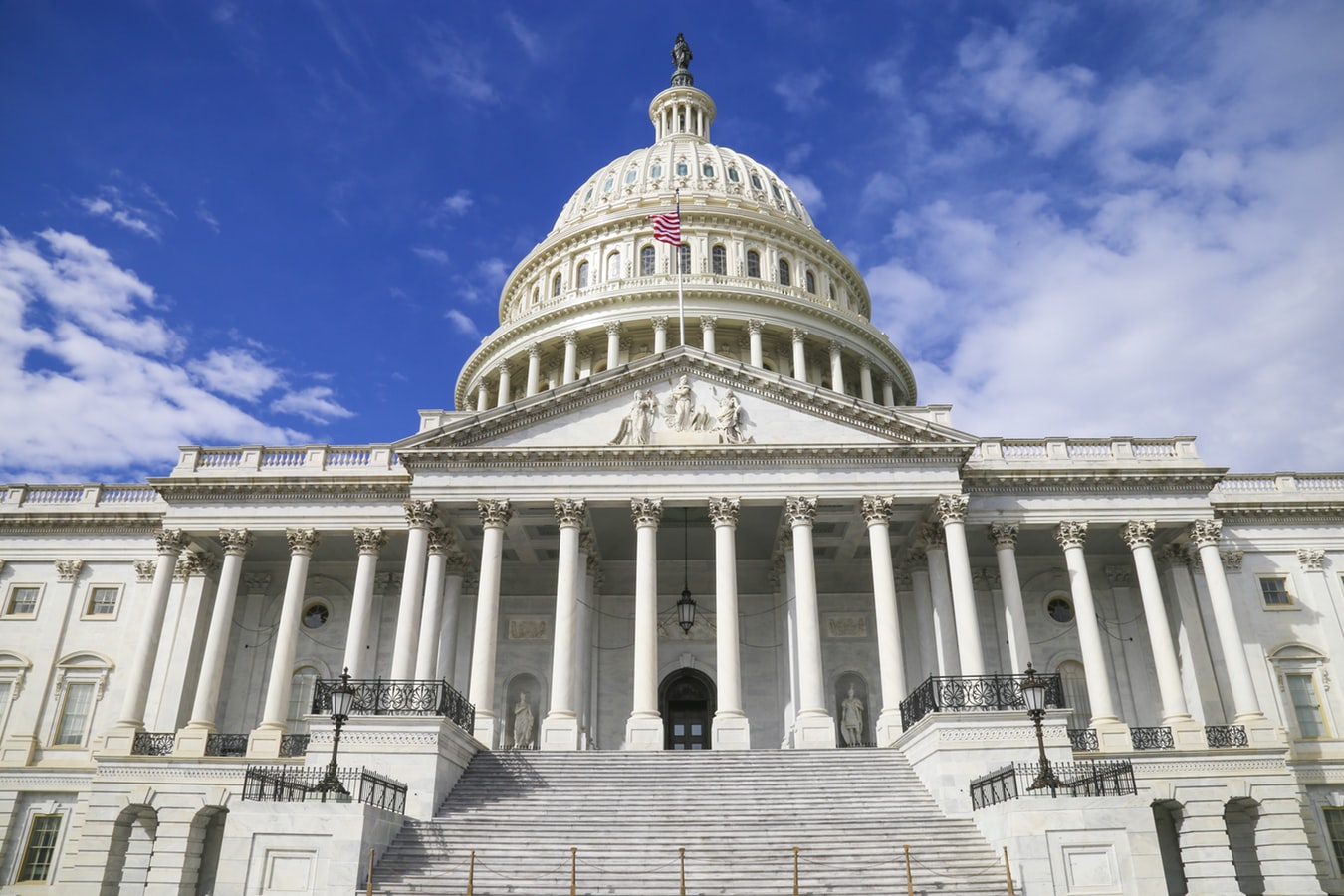
Lawmakers in Congress are about to embark on deliberations that will shape government spending, aiming to balance political priorities with the realities of narrow Republican majorities in the House of Representatives and the Senate. But if any conversation turns to imposing larger fees on homeownership transactions, they should be handily rejected.
This is according to the Community Home Lenders of America (CHLA), which this week submitted a letter to House and Senate committee chairs and ranking members that have oversight responsibility over the U.S. housing system.
As the debate begins, CHLA has made two specific policy requests of the congressional leaders, including the rescission of a 10 basis point increase on government-sponsored enterprise (GSE)-backed loans extended in 2021, and a rejection of increases to mortgage fees for U.S. Department of Veterans Affairs (VA) and GSE mortgage loans.
But CHLA also said that any federal loan programs — including those backed by the Federal Housing Administration (FHA), VA, the Rural Housing Service (RHS) and the GSEs — should only be raised in very specific circumstances.
“As a general principle, CHLA believes that mortgage fees on federal mortgage loan programs […] should NEVER be increased unless such fee hikes are based on actuarial risk or safety and soundness considerations,” the letter said. “This principle is especially important during the current period of homeownership affordability challenges.”
But Congress, in recent years, has instead permitted these fees to rise, particularly for the purpose of funding spending not related to housing, the letter contended.
“Such fee hikes harm working and middle-class Americans, especially young families just starting out economically with the dream of homeownership,” the letter explained. “CHLA is concerned that pressures to offset the cost of the reconciliation bill could once again lead Congress to raise mortgage fees. Congress should reject this approach — and instead repeal the existing 10 basis point fee on Fannie/Freddie loans that is used for unrelated spending.”
CHLA also highlighted previous activity on fees that could be extended if Congress chooses to do so, including the extension of a 10-basis point fee on Fannie Mae and Freddie Mac mortgages for 10 years, which the organization said was estimated to raise mortgage fees by a collective $21 billion.
This, they argue, “effectively imposed as a tax that was used to offset a portion of the $1 trillion cost of the infrastructure bill,” referring to the bipartisan infrastructure law championed by President Joe Biden.
“Under budget rules, this homeownership tax could be extended for three more years and used as an offset for other provisions of the reconciliation bill,” CHLA said. “Congress should reject such an extension.”
Congress also raised fees on VA-backed mortgages in 2019 “solely in order to pay for higher VA benefits,” they said, and though Congress allowed them to expire in 2023, “VA mortgage guarantee fees are still elevated above the actuarial amount needed to protect taxpayers from potential VA mortgage defaults.”
This is why CHLA cautions against raising VA mortgage fees as part of the reconciliation process. And while FHA loans are “not scored as mandatory spending” and would likely not be singled out in the larger debate, “the negative credit subsidy scoring profits of new FHA loans each year are credited to overall appropriations scoring for the underlying THUD appropriations spending bill,” they said.
In any move that the bill makes to reduce overall discretionary spending, this may “create pressures to artificially hike FHA loan premiums,” the group explained, and they have asked Congress to “reject FHA loan increases at that time, which would represent a kind of tax on homeownership, in order to pay for unrelated appropriations spending.”
First Time Home Buyer FAQs - Via HousingWire.com






